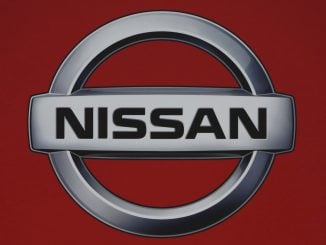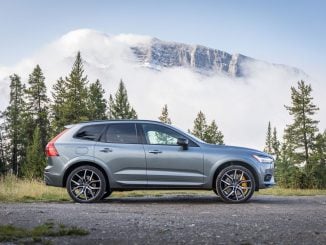
I wasn’t a big car guy growing up. Some kids can tell you the horsepower and engine and endless stats about every car on the road. Or they’ll notice the difference in taillights between individual model years, or any of a million other nips and tucks that carmakers do to differentiate their cars.
These days, it’s my job to know that stuff, but when I was in high school, I didn’t know much — but I knew what a Mitsubishi Eclipse was. As I got ready to write this review, I went back and watched perhaps the most famous 90’s-era Mitsubishi Eclipse you could find: Paul Walker’s bright green ride in Fast and the Furious.
The second-generation Eclipse, built from 1995 to 1999, was the best-known (and best-looking) of all the cars, and became a vehicular icon for my generation in no small part to the role it played in Fast and the Furious. Though I remember the car, I’d forgotten how terrible this movie is. The dialogue is cringeworthy, the cars are absurd (how many gears does that thing have?), and the story is outlandish. But it’s still a hoot, and I may end up rewatching the whole series.
 But then in 2011, Mitsubishi ended the Eclipse line for good. Or so we thought. Now we have a new one, only the sporty looks and movie-star glamour is long gone. It’s called the Mitsubishi Eclipse Cross and it’s… a compact crossover SUV of no particular importance.
But then in 2011, Mitsubishi ended the Eclipse line for good. Or so we thought. Now we have a new one, only the sporty looks and movie-star glamour is long gone. It’s called the Mitsubishi Eclipse Cross and it’s… a compact crossover SUV of no particular importance.
That might be a little harsh. It’s actually quite an interesting looking vehicle, which is more than can be said for most crossovers. Though the front isn’t particularly exciting, the rear has more going for it. There’s a dual-window design on the rear tailgate, with a light bar running across the middle. It’s very much a love-it-or-hate-it design, but at least it’s not boring.
There’s a crease running up the doors to the back as well, which looks particularly sharp on the Red Diamond review unit that Mitsubishi sent me for a week. It stickered for $32,720 on the SEL trim, though you can likely negotiate a nice chunk of change off of that at your local Mitsubishi dealer.
 Feature-wise, the Eclipse Cross is well-equipped, with a tiny 1.5-liter turbocharged four-cylinder engine that makes 148 horsepower. That’s not a ton of power, but for a family crossover it’s plentiful and turns in a combined 25 miles per gallon.
Feature-wise, the Eclipse Cross is well-equipped, with a tiny 1.5-liter turbocharged four-cylinder engine that makes 148 horsepower. That’s not a ton of power, but for a family crossover it’s plentiful and turns in a combined 25 miles per gallon.
Mine had the $2,100 Touring Package, which kicks in a lovely panoramic sunroof, the ever-important adaptive cruise control and pedestrian detection and auto-braking, a heated steering wheel and heated rear seats, and some other minor additions.
If you look at the feature list, the Eclipse Cross is a solid vehicle. The interior design is a little rougher, with hard plastic everywhere and not-so-luxurious touch points. The trackpad to control the screen is terrible, as are the up/down buttons to control the dual-zone climate control (though the heated seats work excellently.
 The infotainment screen could be bigger, and the dash screen needs some polish. The engine gets the job done, but it’s not exactly quiet. It’s a middle-of-the-road crossover. It does what it’s supposed to do. You can get it for a good price and it’s well-equipped.
The infotainment screen could be bigger, and the dash screen needs some polish. The engine gets the job done, but it’s not exactly quiet. It’s a middle-of-the-road crossover. It does what it’s supposed to do. You can get it for a good price and it’s well-equipped.
But it’s not inspiring. It’s not going to be the star of a movie — but it’s not clear that this isn’t exactly what Mitsubishi should be doing: build a solid car and then put it on sale. It doesn’t look bad. It seems solid. It’s a compact crossover SUV.
The problem for Mitsubishi is that there is a ton of competition in this segment, and that competition is really solid. There’s the Honda CR-V, Mazda CX-5, Toyota RAV4 and Hyundai Tucson and Nissan Rogue and a boatload more. And all those cars are better than the Mitsubishi and not much more expensive. It’s a crowded market.
It’s not 1999 and the Mitsubishi Eclipse isn’t the hot car anymore. It’s 2020, and, like the original Fast and the Furious movie, the Mitsubishi Eclipse Cross just isn’t as good as it needs to be to compete.



